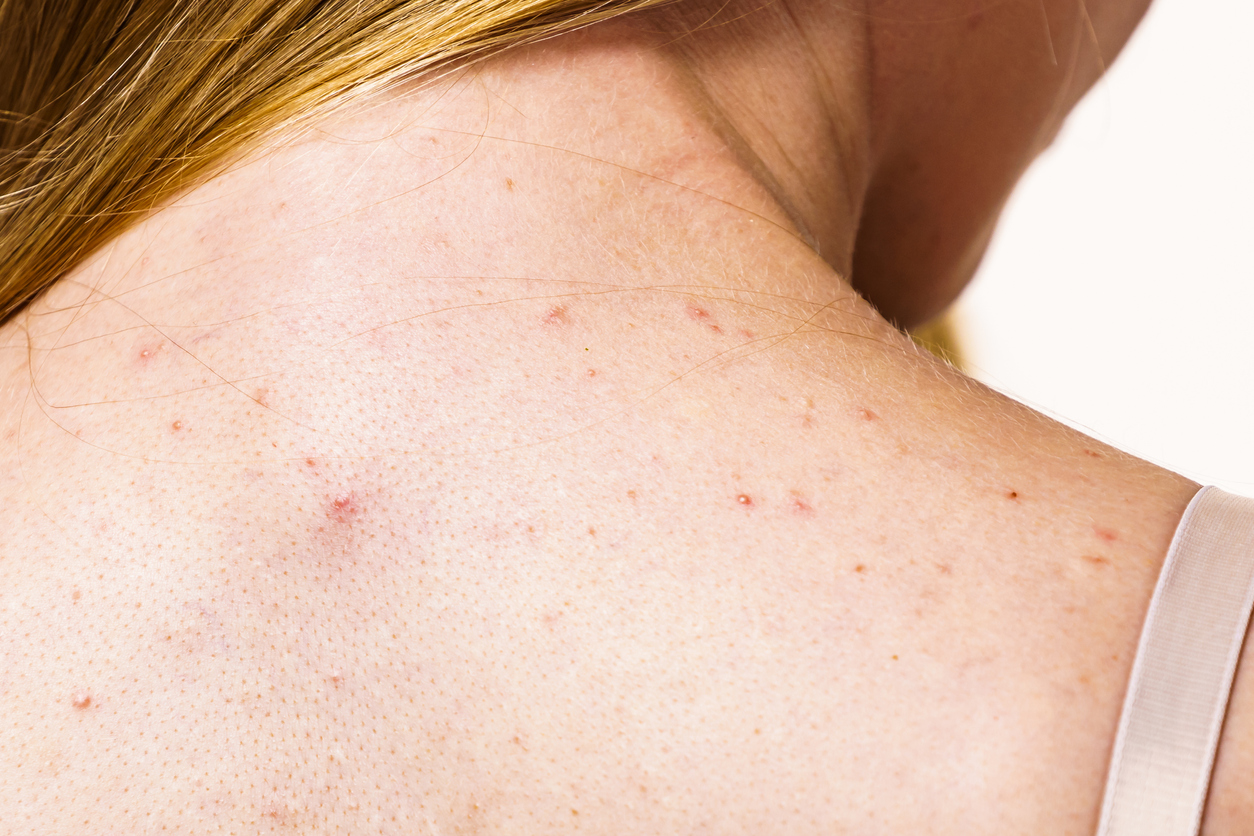How to Wash Underwear to Reduce Acne and Boost Skin Health?
Maintaining impeccable hygiene is a cornerstone of both beauty and skincare. For beauticians looking to provide holistic advice to clients, it's essential to understand the factors beyond skincare products that contribute to acne. One often overlooked aspect is the cleanliness of your client's undergarments. Addressing the question, how to wash underwear to reduce acne, becomes critical in recommending a comprehensive skincare regimen.
It's no secret that the area covered by underwear is particularly prone to acne due to factors such as sweat, bacteria, and friction. Making informed choices about detergent and washing techniques can make a significant difference. By strategically placing certain practices in underwear hygiene at the forefront of advice, you can help clients achieve clearer, healthier skin.
:max_bytes(150000):strip_icc()/GettyImages-1053614732-bb938a1398b94a7a8b6bf9d73ec0a107.jpg)
Choosing the Right Detergent
The kind of detergent used in washing underwear is incredibly important. Consider recommending fragrance-free and hypoallergenic detergents to clients. Traditional detergents often leave residues that can irritate sensitive areas, heightening the risk of acne. This nuance in choosing a suitable detergent could drastically affect a person's skin health.
The Science Behind Friction and Fabric
Beauticians often advise their clients on garment choices with low friction fabrics being ideal. But how do fabrics affect skin, especially when unclean? Dirty fabrics increase beneficial bacteria levels, contributing to acne. Encourage clients to opt for natural fabrics that offer breathability, such as cotton.
Temperature and Washing Techniques
When explaining how to wash underwear to reduce acne, water temperature plays a crucial role. High-temperature water kills bacteria more effectively than cold water. Advising clients to use hot washes periodically can help eliminate acne-causing bacteria.
For further reading on selecting the best practices aligned with skin health, visit this resource on maintaining body hygiene.
The Frequency of Washes
Clients often neglect the frequency of washing as part of their skincare advice. Regular washing is essential in preventing bacterial build-up. Advise clients that daily changes are ideal, ensuring clear skin remains a constant.
The Role of Proper Drying
Drying methods influence hygiene considerably. Embolden clients to air dry under the sun where possible, which can naturally kill remaining bacteria. Understanding how to utilize natural drying methods often intersects with skincare regimes.
For a breakdown of how frequent washing diminishes acne at a microscopic level, check out this insight.
Offering Expert Advice as a Beautician
As a professional beautician, you have the opportunity to help clients incorporate effective hygiene routines into their lifestyle. Highlight the connection between clean underwear, reduced friction, and lessened acne formation. By doing so, you provide a valuable educational service. Through consistent advice tailored to how to wash underwear to reduce acne, you can further establish your credibility and trustworthiness with existing and new clientele.
Incorporating Skincare Products for Optimized Results
While external hydration and products play a huge role, marrying them with proper underwear practices creates an environment beneficial for acne reduction. Suggest supplementing good hygiene with skincare designed to combat acne, such as salicylic acid treatments or non-comedogenic moisturizers.

Frequently Asked Questions
How often should underwear be washed?
For optimum skin health, advise clients to wash after each wear. Daily washing eliminates bacteria, reducing the risk of acne.
What is the best drying method?
Air drying in sunlight is recommended as it naturally kills pathogens. If unavailable, ensure dryness is complete to avoid bacterial growth.
Are all detergents suitable for underwear?
No, encourage the use of fragrance-free, hypoallergenic detergents to reduce irritation and sensitization in delicate areas.
This article contains affiliate links. We may earn a commission at no extra cost to you.

